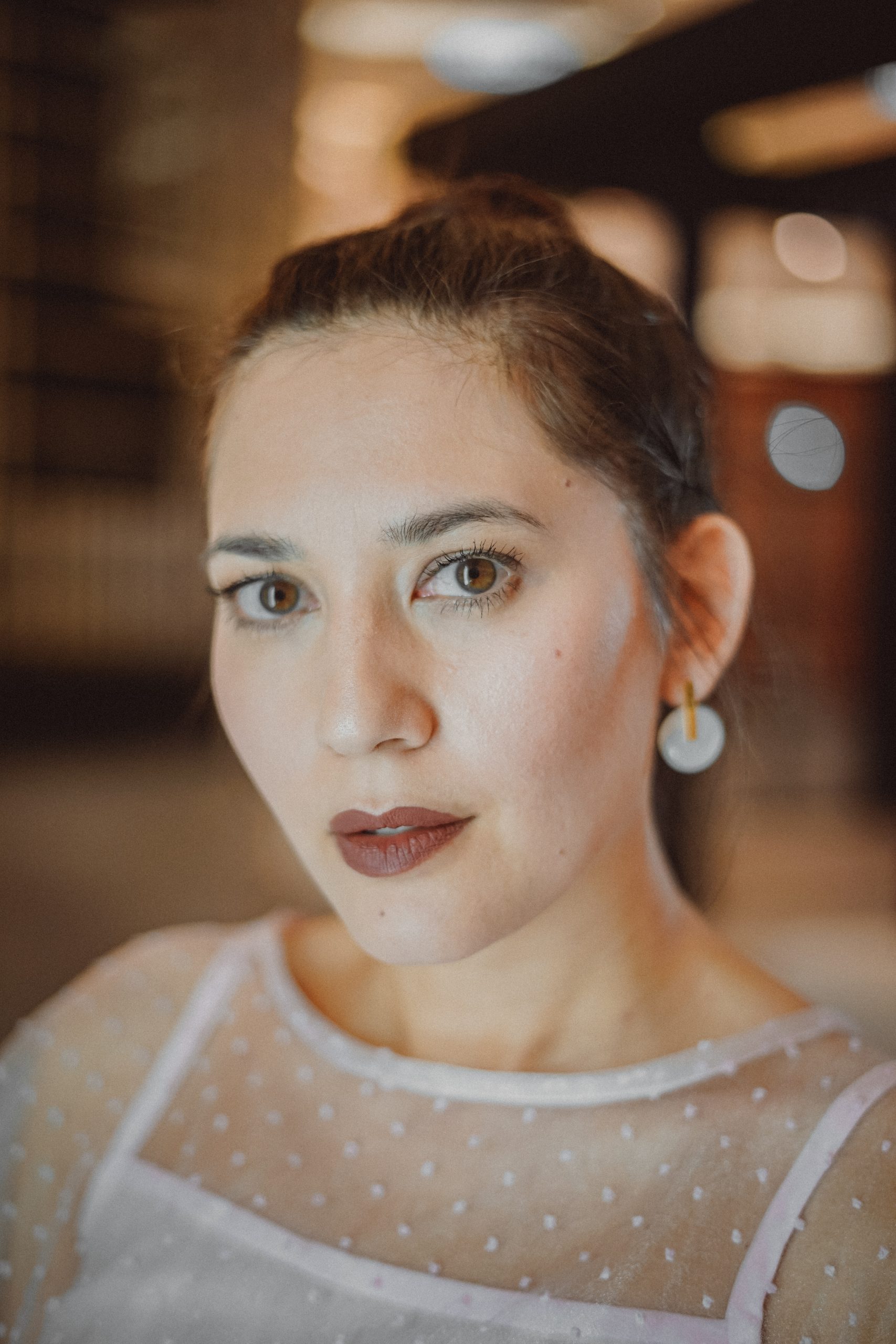Actor and United Nations SDG Mover for Gender Equality
Hannah is an Indonesian actor known for her persistent and vocal campaigns on women’s rights and gender issues within the film industry and beyond. She is a loyal ally, effective influencer and valuable voice in the women empowerment movement.
All that young Hannah wanted to do was play soccer. She was extremely puzzled when the boys didn’t want to pass the ball to her and her friends. They said girls didn’t know how to play. So, Hannah went to the head teacher and asked for a specific time just for the girls to play. It was granted.
“I remember the boys were so annoyed about it,” Hannah grins.
That soccer field dispute was Hannah’s first encounter with gender constructs – as if the world was built separately for girls and for boys. But Hannah rebels against that arrangement.
At home, Hannah was always encouraged to achieve whatever she wanted. Her parents tended to prioritize her education over her brothers’ as they were aware how things could be more difficult for women. She was also always encouraged to speak up when she felt something was not right.
“I’ve been quite privileged to have grown up already in that kind of family environment, feeling that there’s a support system there and people that understand,” Hannah says.
Hannah, who is of a mixed Indonesian-French heritage and grown up in the UK, had an extremely close connection with Indonesia through her father. It was under his influence that she decided to pursue a degree in Indonesian and Development Studies from School of Oriental and African Studies (SOAS) in London. Upon graduation, Hannah went to Indonesia hoping to work in the development sector. But as fate would have it, the programs she was after were closed and she ended up joining the film industry.
After more than a decade working as an actress, she has built a platform where she actively campaigns about gender discrimination. In 2017, the UNDP approached her to become a Sustainable Development Goal mover for gender equality. The opportunity gave her a chance to meet with a broader range of people, visit women living in remote villages and develop campaigns across various mediums.
“A lot of it is looking at existing programs and how I help with my platform to amplify them,” Hannah says.
To celebrate the United Nations worldwide 16 Days of Activism campaign, Hannah created her own series of videos where public figures speak about their experiences with sexual violence on camera. The campaign saw a series of shareable videos being distributed on social media. It successfully generated a buzz about the topic – often considered taboo in Indonesia – and raised the public’s awareness.
Hannah is currently working to draw attention to the issue of sexual harassment against women on film sets. She engages decision makers and pushes them to implement sexual harassment clauses in contracts. All in all, she pushes the film industry to change how it operates and treats its women workers, while highlighting that the problem exists in all industries.
As a female celebrity speaking up about gender issues, Hannah encounters resistance and harassment herself. In most cases, the average person does not share the same understanding of the effects of living in a patriarchal society.
“There’s always going to be backlash when you’re trying to make positive change, and when you’re trying to go against the status quo. But, fundamentally, the very core of my principle is based on what I feel to be just and fair,” Hannah says.
Despite the obstacles, Hannah is hopeful the movement is growing and that society is truly shifting.
“We’ve been able to more and more have these conversations,” Hannah says.
Hannah believes GLI means a more meaningful way to channel capital. For women, economic empowerment could be a powerful tool for access and opportunities. GLI is a consequential aspect within the spectrum of gender equality issues. Creating their own income and having that financial independence could give women the same level of agency and confidence as men.
“It’s definitely important to talk about fair redistribution to women who have been held back all this time,” Hannah says.





